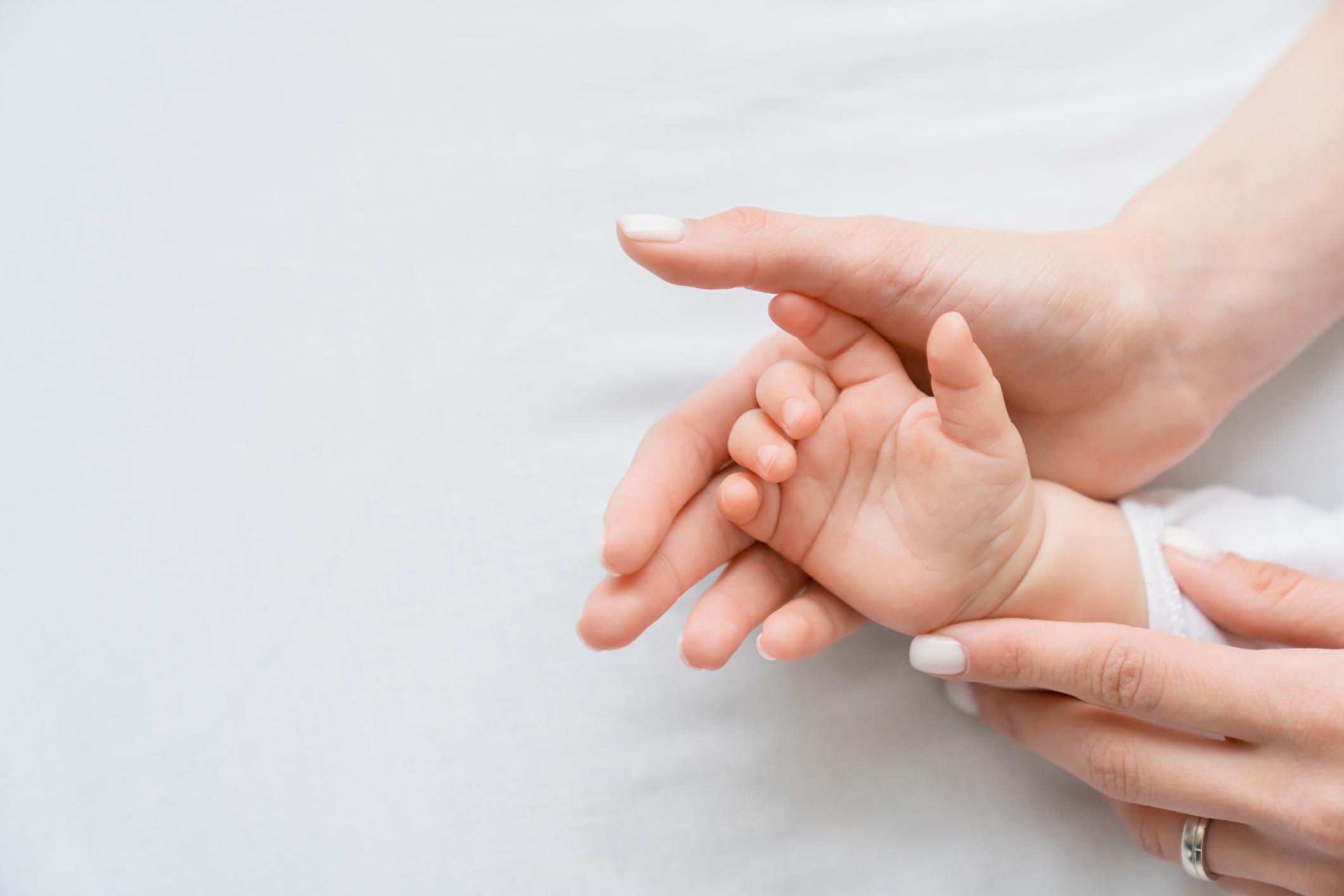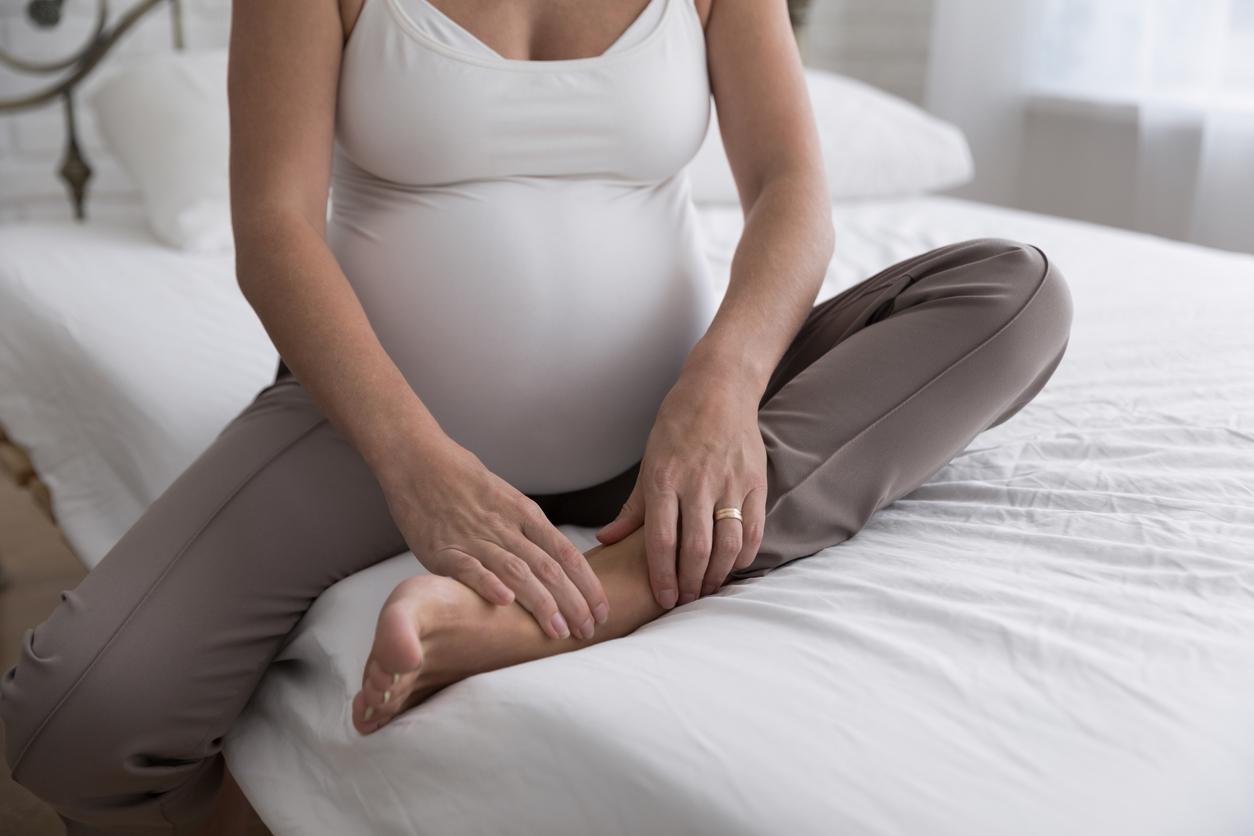The opinion of the National Consultative Ethics Committee in favor of the opening of medically assisted procreation for all women will stir public opinion. If the homosexual community, in particular, and the women who perform MAP abroad, applaud, others wonder about the family environment that is offered to these children.

The Ethics Committee must decide on the opening of assisted reproduction to homosexuals and singles. The subject divides professionals and elected officials.
Prof. Jean-François Delfraissy has promised “clear positions”. After four and a half years of reflection, one could not expect less from the National Consultative Ethics Committee and its new president. On June 27, CCNE will issue a much-awaited opinion on access to medically assisted procreation (MAP). It should determine the evolution of French policy in this area.
The subject divides in France. According to a survey carried out by BVA for the Department of Research, Studies, Evaluation and Statistics of Social Ministries (DREES), 61% of French people are in favor of opening assisted reproduction to female couples. On the occasion of the CCNE opinion, Why actor questioned defenders and those who have reservations about opening up assisted reproduction to fertile people.
The current law is clear. Medically assisted procreation is reserved for couples with medically proven infertility, or when one of the spouses risks transmitting a serious disease to their offspring. These terms were set by the bioethics law of 2011.
Thalys babies
Two additional limits oppose ART: only heterosexual couples of childbearing age can benefit from it, and it is impossible to resort to a double donation of gametes. As it stands, a single woman or a female homosexual couple cannot therefore initiate the process.
Opening up access to these populations is precisely the subject of one of the reflections of CCNE, which is also studying the possibility of non-medical self-preservation of oocytes and surrogacy (surrogacy).
In the eyes of Dr Joëlle Belaisch-Allart, there is no doubt: France must soften its position. “It would be logical for the PMA to be authorized for homosexual women,” says the head of the reproductive medicine service at the Four Cities Hospital Center in Saint-Cloud (Hauts-de-Seine). Many homosexual patients are already going to do MAP abroad. “
Belgium is one of the priority destinations for these couples. So much so that the method has passed into everyday language. We are now talking about making a “Baby Thalys”, the name of the company that serves the destination.
No harmful impact
In this age of free movement of individuals, applying a strict law does not make sense, because it is easily bypassed. “A law must be universal to be respected, and based on scientific evidence – not beliefs,” says Joëlle Belaisch-Allart. Porous borders prevent this, and aggressive practices of foreign clinics do not help. And women who want to be older mothers already have flexibility.
Dr Joëlle Belaisch-Allart, gynecologist in Saint-Cloud: “ We must trust the patients and the doctors, and not wait for the revision of the bioethics law. We need decrees that allow us to go faster. “
The principle of equality therefore pleads in favor of wider access to assisted reproduction. “At the legislative level, couples have equal rights,” recognizes Dr. Jean Leonetti, rapporteur for the 2011 bioethics law and mayor of Antibes (Alpes-Maritimes).
These arguments are all the more solid since, from a scientific and sociological point of view, there is nothing to confirm that a child of a homosexual couple is disadvantaged. “The vast majority of surveys show that these children are doing very well in all areas,” reassures Dr. Belaisch-Allart.
Limited expenses
But the financial argument could well harm an easing of access to assisted reproduction. Including ovarian stimulation, the process costs around 4,000 euros. By taking into account only insemination, 500 euros remain to be paid.
“When I was on the ethics committee, between 2009 and 2013, we came to the conclusion that we had to authorize without encouraging and without taking charge,” admits Joëlle Belaisch-Allart. A conclusion of the working group of the time which was not followed by opinion. But the infertility specialist maintains her position. It is possible not to reimburse, with an exceptional regime managed by an expert committee for women who could not pay for the procedure.
Dr Joëlle Belaisch-Allart : “Cosmetic surgery is not covered, with some exceptions. The same system could apply to women who want to benefit from ART. “
For his part, Jean Leonetti brushes off the question with the back of his hand. “From the moment we authorize the PMA, we will reimburse it,” said the elected representative of the Alpes-Maritimes. The cost should not be unbearable given the health care costs. “
Have a baby all alone
It is, in fact, in a completely different area that the debate on assisted reproduction is stumbling: that of society. Should medicine be limited to treating pathologies, or can it go further? “The debate is neither trivial nor simple, admits Jean Leonetti. It raises the question of social sterility. However, answering this question may prove to be delicate.
Especially since if the PMA is extended to homosexual women, it could also be authorized to single women. Which raises more objections. Joëlle Belaisch-Allart is cautious on the subject. “I’m not against it, but I think it takes a lot of thought,” she says. Taking on a child alone in real life is not easy. “
Jean Leonetti, for his part, appeals to traditional family values. “The question is whether it is fair to let a child be born without a father,” sums up the deputy who calls on the representation of the father figure. “Single-parent adoptions are allowed,” he continues, “which limits the social identification of the parent to a single person. “
A stepping stone towards surrogacy?
But the opponents of an easing fear above all one thing: that the enlarged MAP is a first step towards surrogacy (surrogacy). The deputy for Alpes-Maritimes is no exception.
“How will we do when homosexual males claim their access to procreation ?, asks Jean Leonetti. This is an argument to which I am sensitive, because the half-open doors end up opening. “
Jean Leonetti, Mayor of Antibes: ” By domino effect, when we allow a transgression of bioethics, we risk preparing the next step. PACS led to marriage, for example. “
CCNE must therefore decide on a real ethical and societal debate. Because since the bioethics law of 2011, society has evolved. Marriage for all, full adoption by homosexual couples… A number of barriers have been overcome, including in the medical field.
“Before, there were three stages: genetics, pregnancy and education. Medicine has succeeded in dissociating the three, sums up Jean Leonetti. There are now genetic mothers, surrogate mothers and social mothers. “
The Ethics Committee will have to take stock of what is acceptable in present-day France. And to set the limits. Because that is the whole object of bioethics: to authorize under conditions, or to prohibit with the possibility of derogation.
Watch the show The Health Guest by pourquoidocteur
with Prof. Jacques Milliez broadcast on June 22, 2017
.















